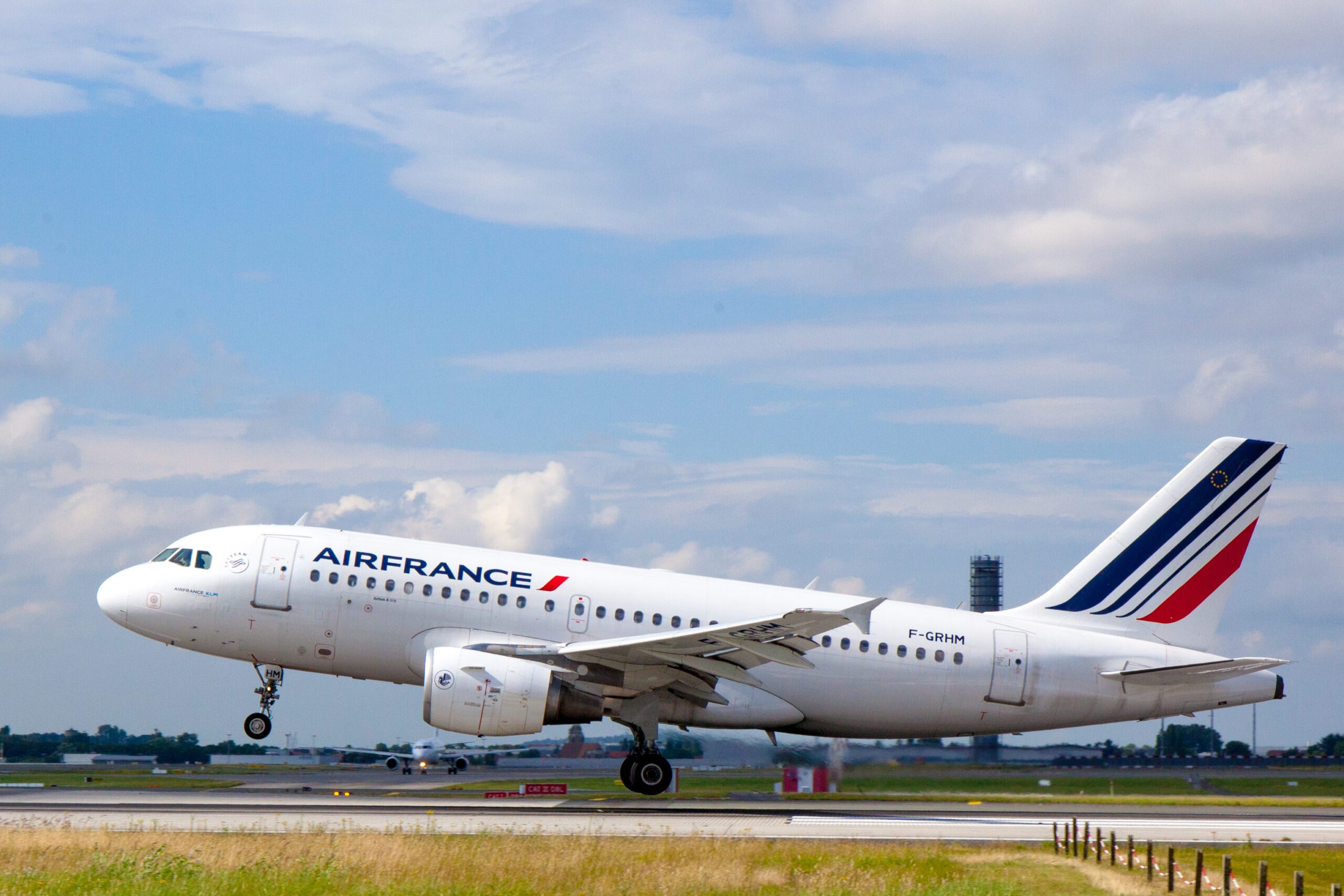
68673 original
The French government has unveiled plans to introduce an eco-tax and air travel tickets from 2020. Unsurprisingly, the plan has been met with stiff opposition from Air France.
Minister of Transport Elisabeth Borne said on July 9 that Economy Class tickets out of France within the European Union will be taxed EUR 1.50, to outside the EU by EUR 3. The eco-tax on Business Class will be EUR 9 and 18 respectively. Tickets to Corsica and the Overseas Territories will not be taxed. The eco-tax should raise EUR 180 million annually and be used to fund railways and other ‘green’ forms of transportation.
France justifies the tax by saying that other EU-countries have similar intentions: The Netherlands will introduce a EUR 7 tax not dependent on the destination from 2021. Last month, the Dutch secretary of Finance organized a two-day meeting to discuss the introduction of EU-wide taxation on kerosene and other forms of ticket-taxation.
Sweden is charging EUR 6 on each ticket. Norway has been charging passengers on domestic and international routes. Germany, Italy and the UK have their own passenger duties, which comes at a time when in more and more EU-countries as well as elsewhere there is a growing debate on how aviation should pay for its role in climate warming.
In a reaction to the eco-tax Air France unsurprisingly strongly opposes the plan, which it says will cost the airline EUR 60 million each year. “This new tax would significantly penalize Air France’s competitiveness, at a time where the company needs to strengthen its investment capacity to more rapidly reduce its environmental footprint, notably as part of its fleet renewal policy.”
“This measure would be extremely penalizing for Air France, of which 50% of its flights are operated out of France, and notably for its domestic network, where losses amounted to above 180 million euros in 2018. In addition, last month, the government had ruled out taxation at national level due to the unfair competition that this would cause.”
Its statement continues: “The government’s decision is all the more incomprehensible as this new air transport tax would reportedly finance competitive modes of transport including road transportation and not the energy transition in the air transport sector. Such a transition could have been facilitated by supporting the implementation of sustainable biofuel industries or disruptive innovations.”
Views: 1



